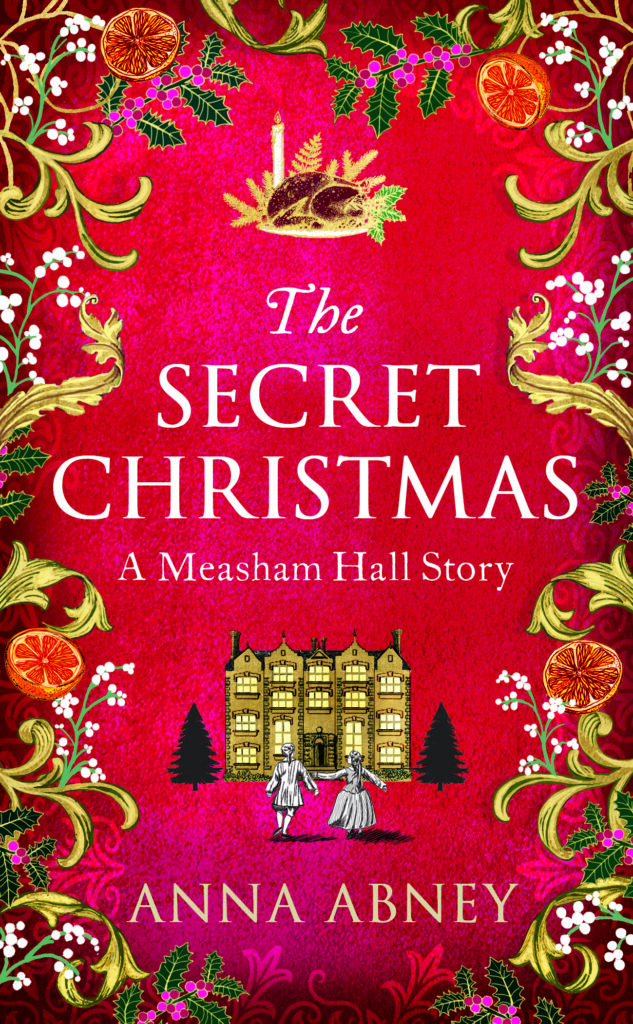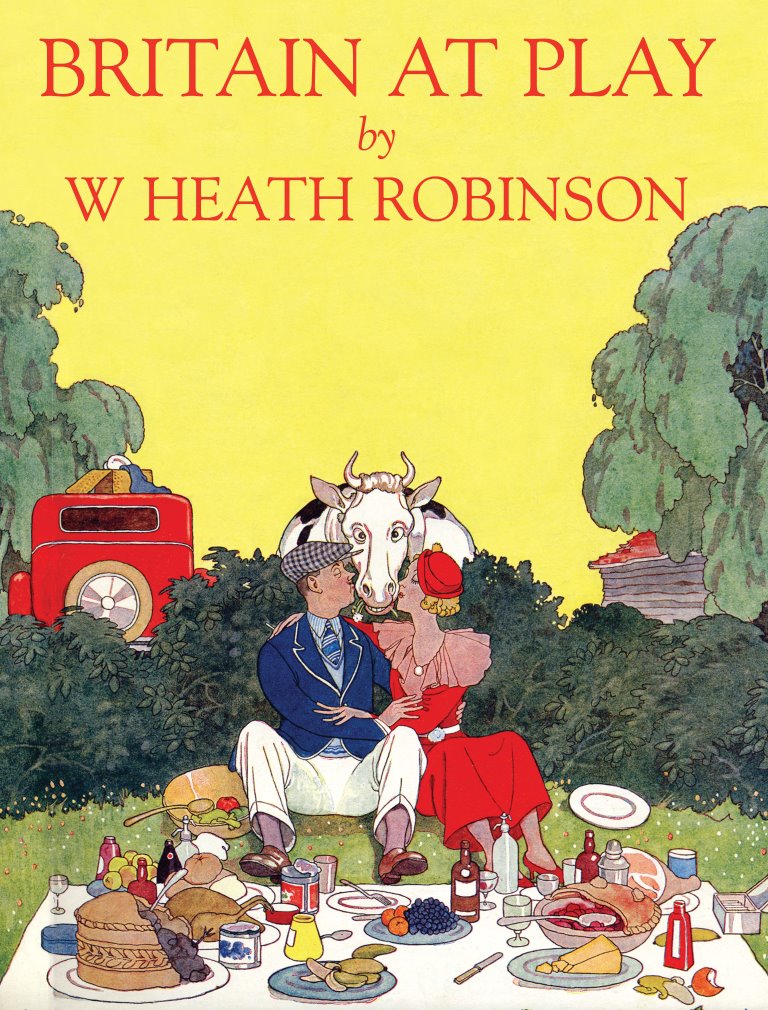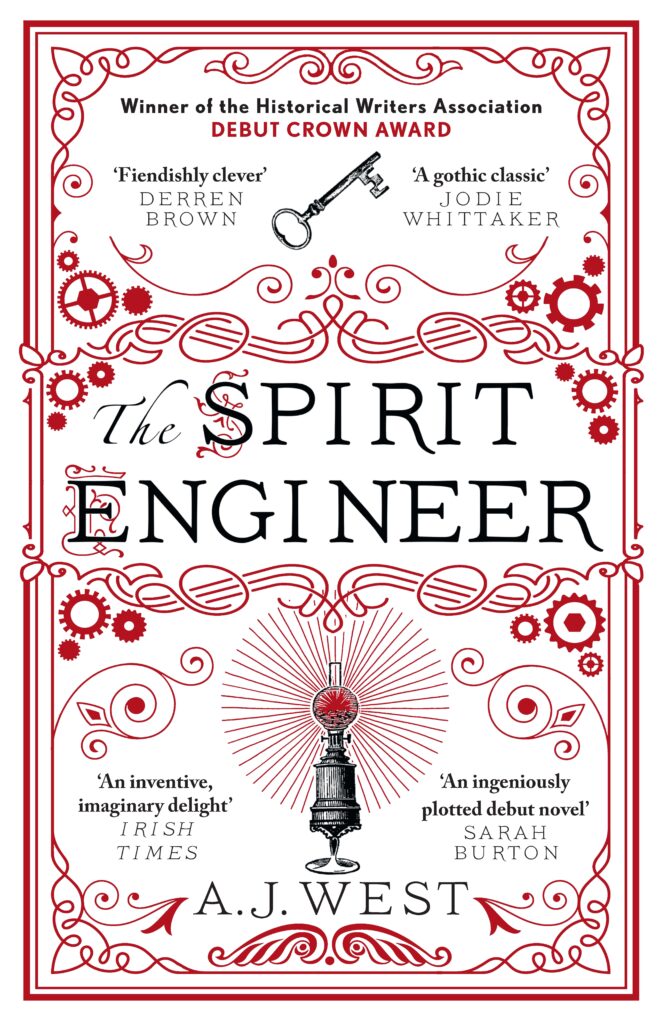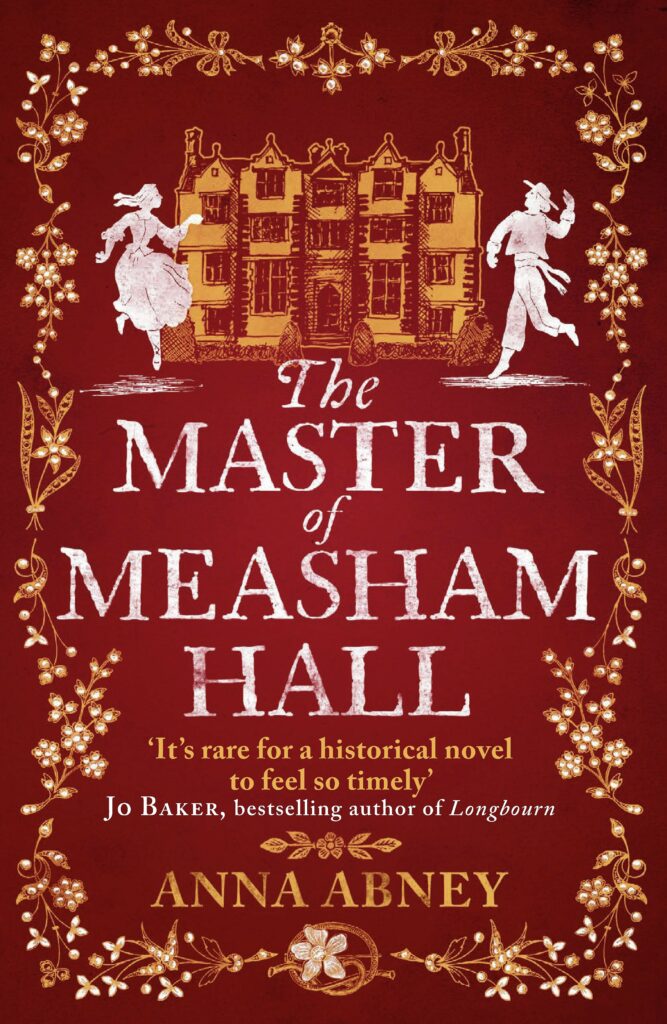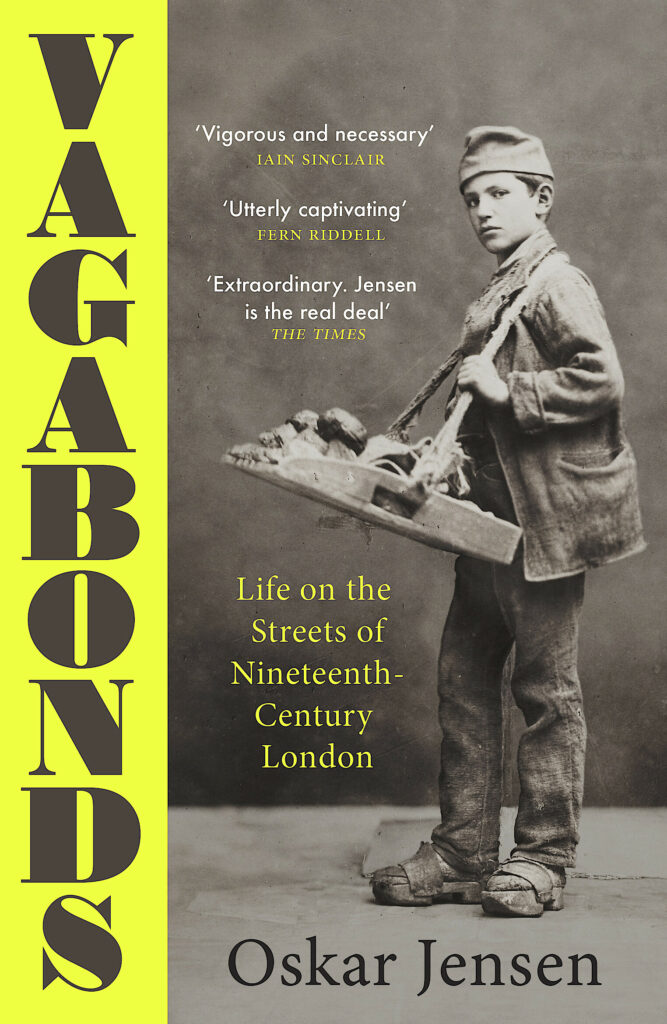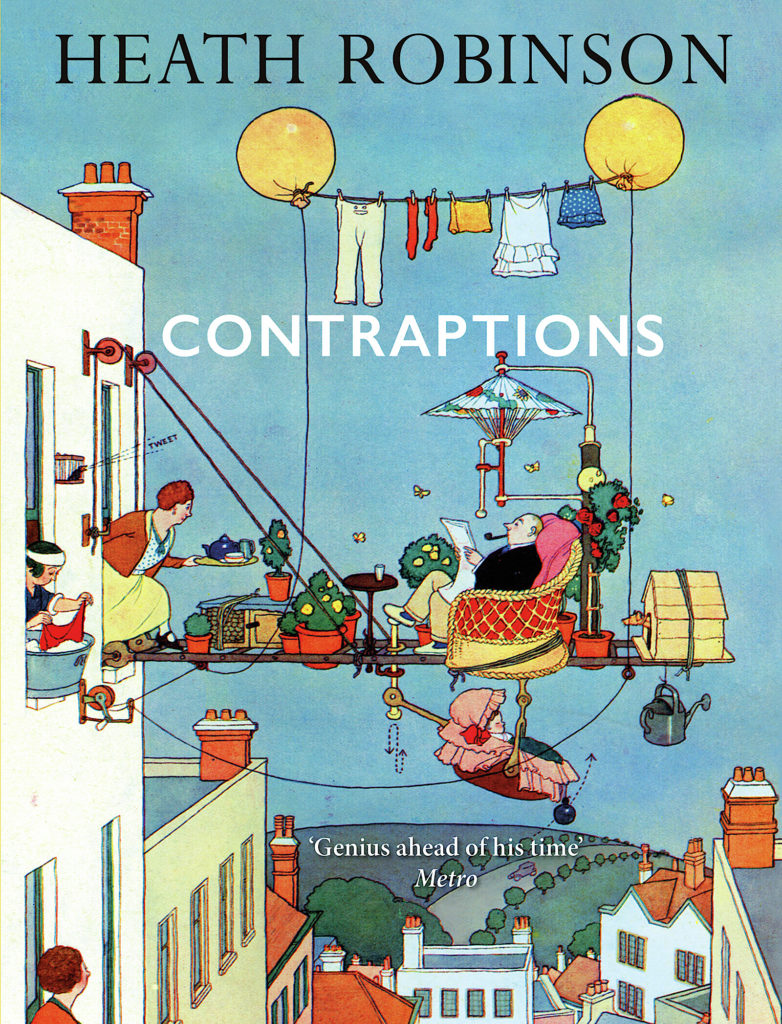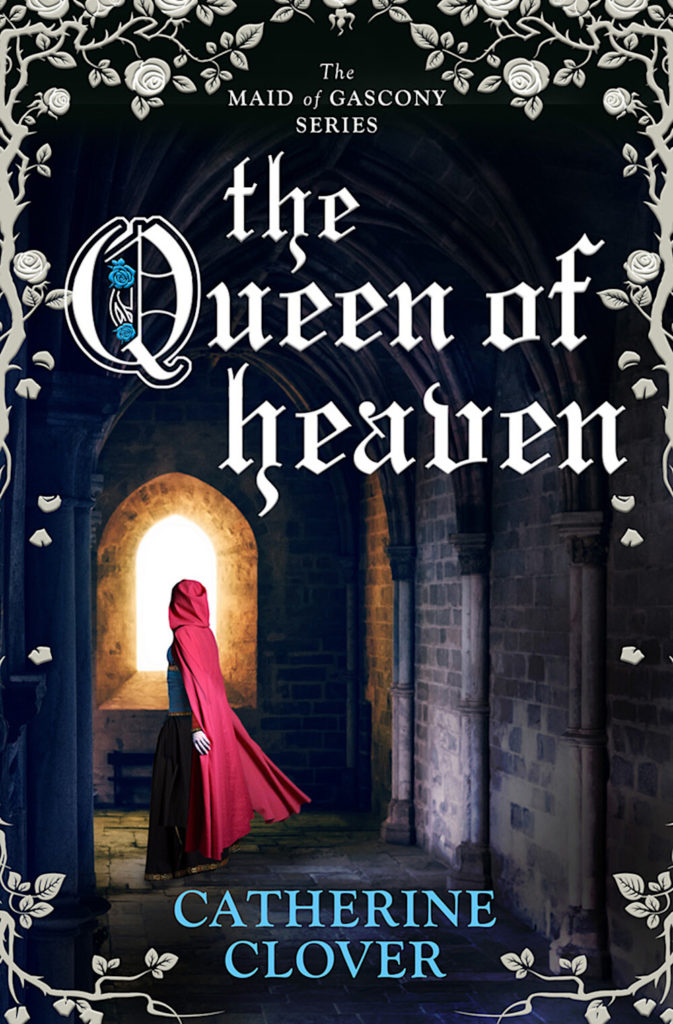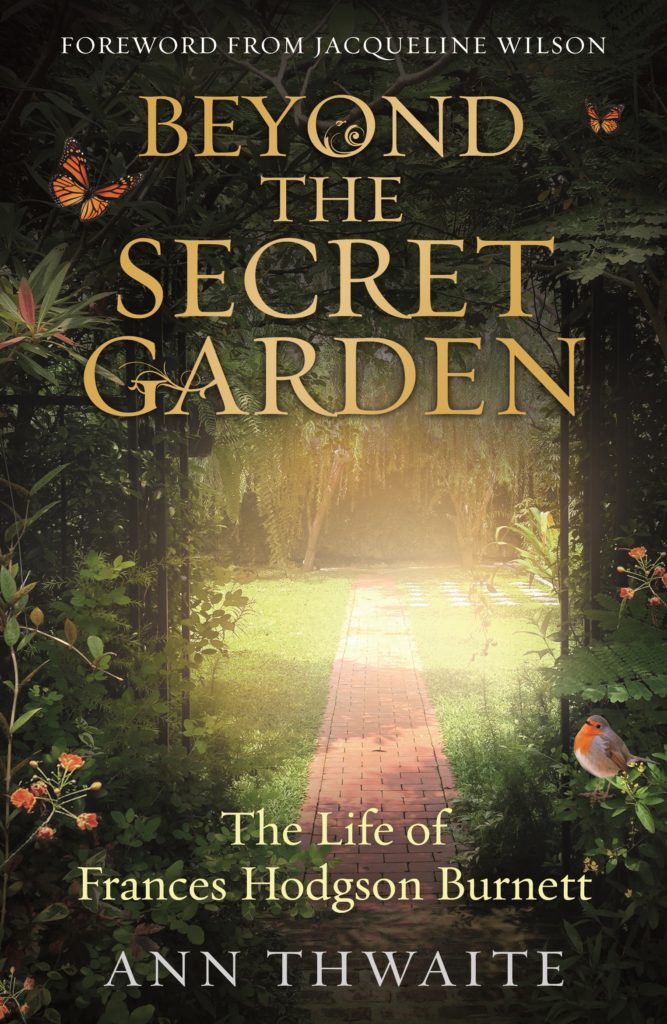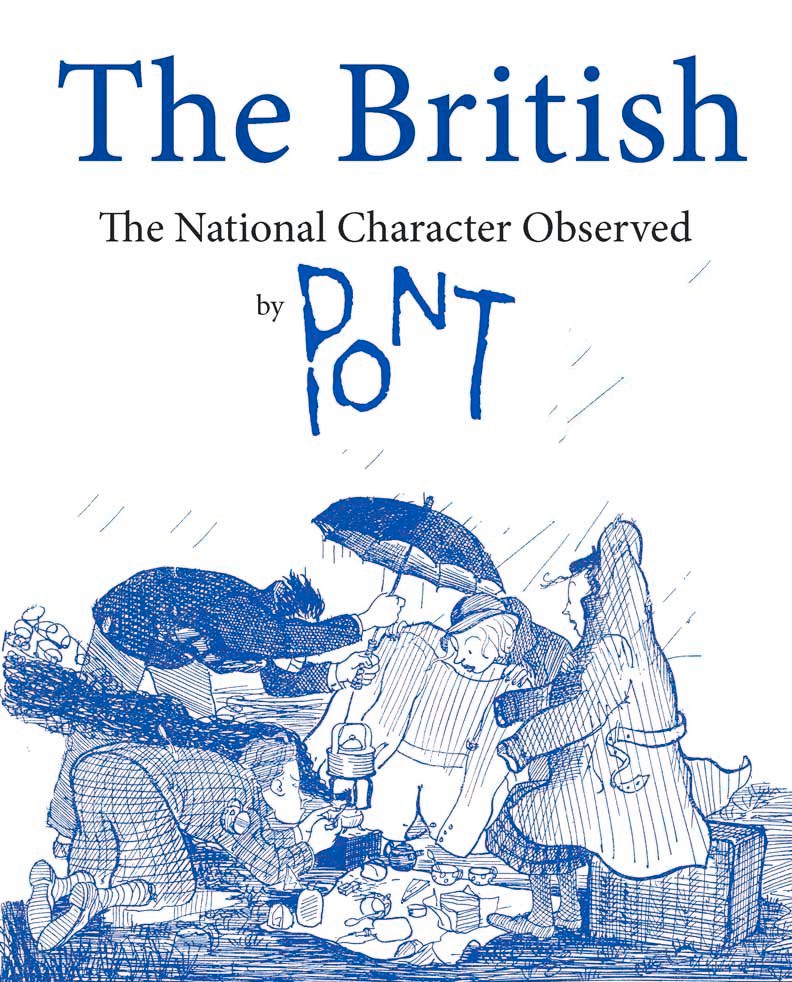
A fondness for laughing at our own anecdotes. An assertion of the importance of tea. A weakness for oak beams. A keen interest in the weather. A tendency to ‘become doggy’. The British haven’t changed much since the 1930s, when Pont’s first witty and hilarious observations on the national character appeared in Punch magazine.
Pont’s plump rolling-pin wielding cooks and solar-topee’d imperialists capture a distinct moment in British inter-war history, but his observations of character are timeless. In the nursery, at the opera, or in the bath, in tweed or tennis whites or bowler hat, Pont conjures distinct, complete personalities with a few strokes of his pen.
Charming, idiosyncratic and – above all – wonderfully funny, this unforgettable collection will bring Pont’s extraordinary talent to a new generation of fans.
